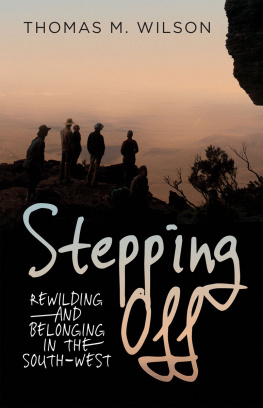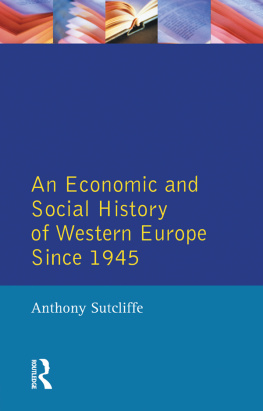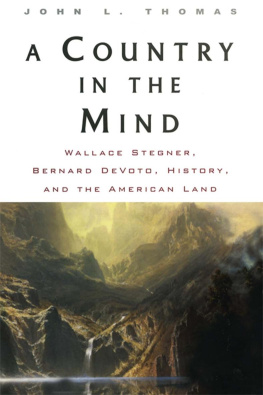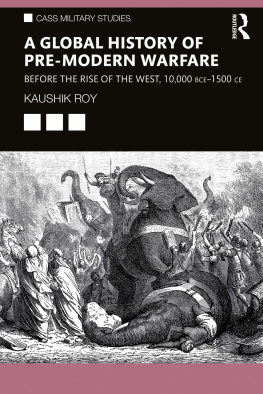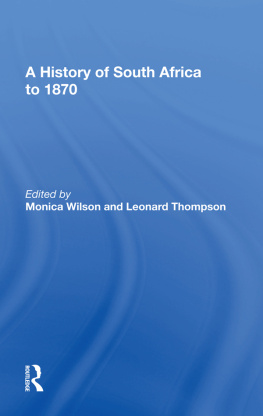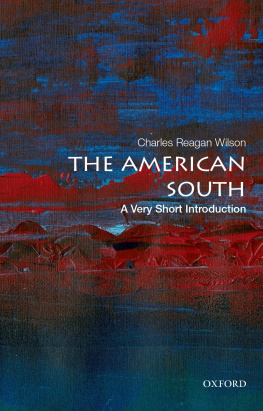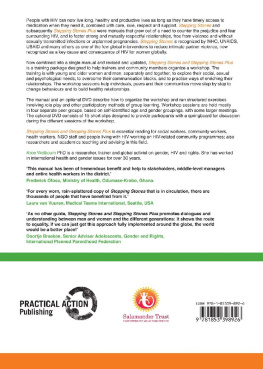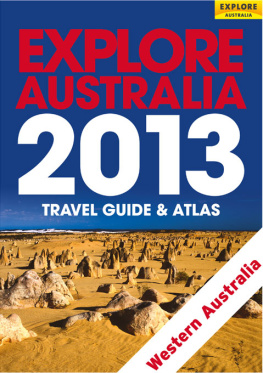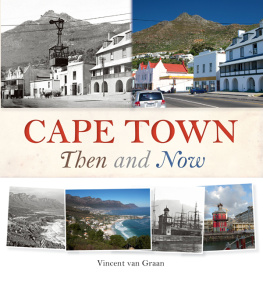Thomas M Wilson - Stepping Off: Rewilding and Belonging in the South-West
Here you can read online Thomas M Wilson - Stepping Off: Rewilding and Belonging in the South-West full text of the book (entire story) in english for free. Download pdf and epub, get meaning, cover and reviews about this ebook. year: 2017, publisher: Fremantle Press, genre: Romance novel. Description of the work, (preface) as well as reviews are available. Best literature library LitArk.com created for fans of good reading and offers a wide selection of genres:
Romance novel
Science fiction
Adventure
Detective
Science
History
Home and family
Prose
Art
Politics
Computer
Non-fiction
Religion
Business
Children
Humor
Choose a favorite category and find really read worthwhile books. Enjoy immersion in the world of imagination, feel the emotions of the characters or learn something new for yourself, make an fascinating discovery.
- Book:Stepping Off: Rewilding and Belonging in the South-West
- Author:
- Publisher:Fremantle Press
- Genre:
- Year:2017
- Rating:4 / 5
- Favourites:Add to favourites
- Your mark:
- 80
- 1
- 2
- 3
- 4
- 5
Stepping Off: Rewilding and Belonging in the South-West: summary, description and annotation
We offer to read an annotation, description, summary or preface (depends on what the author of the book "Stepping Off: Rewilding and Belonging in the South-West" wrote himself). If you haven't found the necessary information about the book — write in the comments, we will try to find it.
Stepping Off: Rewilding and Belonging in the South-West — read online for free the complete book (whole text) full work
Below is the text of the book, divided by pages. System saving the place of the last page read, allows you to conveniently read the book "Stepping Off: Rewilding and Belonging in the South-West" online for free, without having to search again every time where you left off. Put a bookmark, and you can go to the page where you finished reading at any time.
Font size:
Interval:
Bookmark:
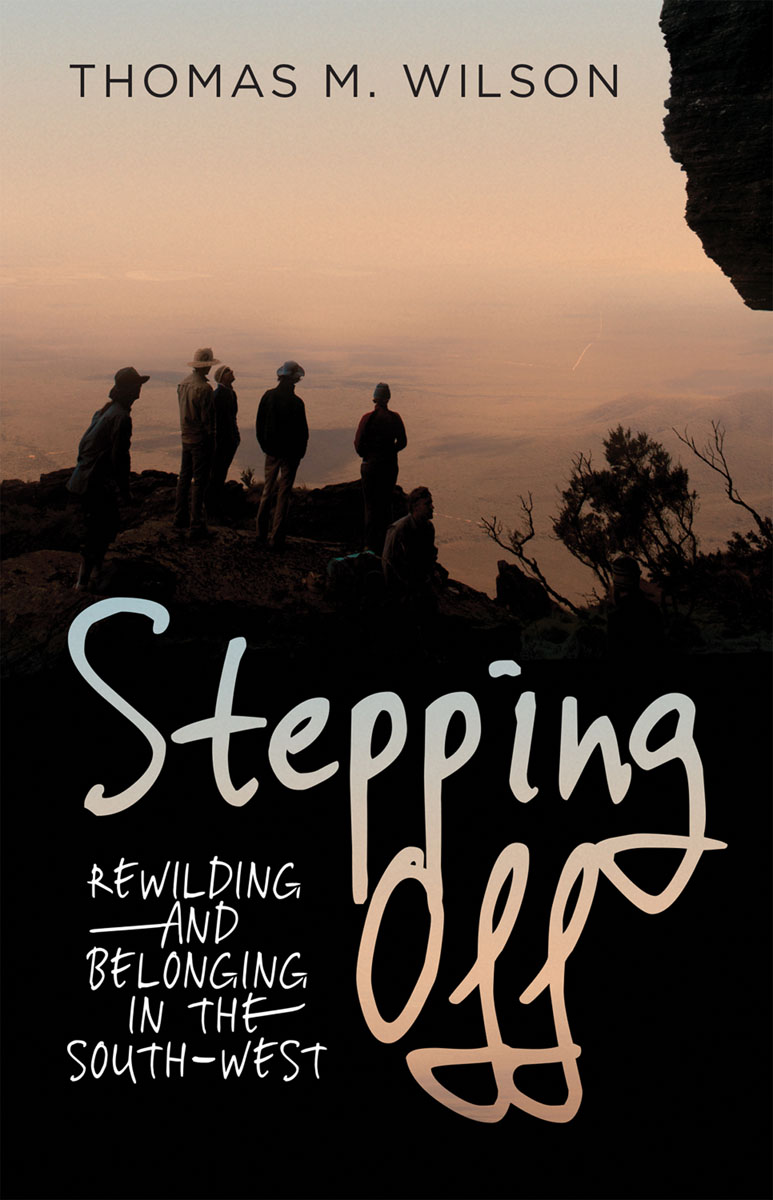
Thomas M. Wilson has spent his life writing about the human relationship with our home: the natural world. He has a PhD in Literature and the Environment, and is an Honorary Research Fellow at the University of Western Australia. As well as being the author of The Recurrent Green Universe of John Fowles (Rodopi, 2006), Thomas has made numerous contributions to environmental journalism.
Visit the author at www.tmwilson.org

Because we have not made our lives to fit
Our places, the forests are ruined, the fields eroded,
The streams polluted, the mountains overturned. Hope
Then to belong to your place by your own knowledge
Of what it is that no other place is, and by
Your caring for it as you care for no other place,
this Place that you belong to though it is not yours,
For it was from the beginning and will be to the end.
Wendell Berry, 2007, VI
INTRODUCTION
The book my parents did not give me
CHAPTER 1
Getting the lay of the land
CHAPTER 2
Forgetting about Western Australia
CHAPTER 3
The first locals of the south-west
CHAPTER 4
Old World encounters
CHAPTER 5
Family
CHAPTER 6
Settling in
CHAPTER 7
A snapshot of Perth through modern times
CHAPTER 8
From York/Gum Belt to Wheatbelt
CHAPTER 9
Down to the woods today
CHAPTER 10
Where have all the animals gone?
CHAPTER 11
Arrival home
CHAPTER 12
Personal rewilding
AFTERWORD
The ultimate ground
Perhaps its no surprise that Im attracted to the natural world. My father always enjoyed exploring untamed land and, before I was born, had spent much of his spare time in the Kimberley or along the southern coast of Western Australia. My mothers guiding star was always nature. She was born in England to parents who owned a small dairy farm near Lands End in Cornwall, and then later in the 70s an orchard on the Spanish island of Menorca. Her father, my grandfather, took Wordsworths poem Tintern Abbey as the closest to gospel our atheist lineage would ever countenance. When I look back at photos from my childhood most of them were taken outdoors. Some of these photos were from a farm on Mt Shadforth, a wild piece of land behind the small town of Denmark on the south coast of Western Australia, where we lived briefly before my brother was born. Im pictured climbing an apricot tree, at a time when I would not yet have been able to walk. By the age of eight I was avidly reading Gerald Durrells book My Family and Other Animals, and telling interested passers-by that I wanted to be a zoologist when I grew up.
And yet, in my teenage years, skateboarding, girls and hip-hop became more interesting to me than fields and trees. I never lost affection for animals and the natural world, but such matters slunk into the background, and things stayed this way till my mid-twenties.
When I was studying for a BA at the Australian National University in the late 90s, I remember enjoying writing an essay on the way in which the English tradition of landscape gardening reflected relations between humans and nature over the centuries. However it was only during my PhD studies at the University of Western Australia that I really discovered and confirmed the importance of the biosphere for my view of the world. For my PhD I was researching the writings of naturalist and nature writer John Fowles. At this time, during an extended visit to the French colony of Runion Island, a volcanic island in the middle of the Indian Ocean, someone mailed me a paperback edition of The Diversity of Life, by the premier prose stylist of modern ecology, Edward O. Wilson. This moment turned out to be my Road to Damascus. Although, considering the circumstances, it would be more accurate to call it my Voyage of the Beagle.
Wilsons elegant prose traced the way in which every living species has taken a long journey to become exquisitely adapted to the ecological niche it inhabits. As I trod the precipitous volcanic slopes of a geologically young tropical island, I for the first time really began to see and understand the long evolutionary history of the palms and trees, crabs and spiders, coral and fish around me. What had previously been little more than hieroglyphics jumped into meaningful relief. Further I realised that I too was a biological organism making up one strand in this ancient yet recurrent web of species diversity. Those few weeks were pivotal. Standing on the dark basalt shore of Runion Island, backed by tall palm-covered crags, with Edward O. Wilsons evolutionary primer in my pocket, I felt a deep sense of reverence and of belonging, in my body and on the planet.
Later, I left Runion Island, and travelled north across the equator, to the temperate forests and fields of south-west England. I found myself in the basement of Exeter University library, poring over the unpublished journals of John Fowles for my PhD. One afternoon I asked a librarian there if I could photocopy a page of the journals. The librarian called Fowles agent. The agent turned out to be Sarah Fowles, Johns wife. Then I found myself on the end of the phone chatting with Sarah and, moments later, being invited to lunch at their house. I couldnt believe my good fortune.
On Sunday I found myself at a small regional train station in Dorset where a red-haired elderly woman smiled at me from across the platform. Sarah and I exchanged greetings, and then, as we passed the train station entrance to buy tickets for the return journey, Sarah remarked: Oh, thats the famous writer. For a moment two worlds collided. The godlike figure whose name was embossed on the spines of countless hardbacks on shelves throughout the English-speaking world was also a very frail old man waiting in a parked Mazda.
That day, my friendship with John and Sarah Fowles began. In 2003, I stayed with them in the seaside village of Lyme Regis for a few weeks. While staying at Belmont House and studying Fowles journals, I took the opportunity to walk daily in the Underwood, an area of topographically topsy-turvy coastal wilderness and beech wood to the west of Lyme. This period, like my time on Runion Island, reinforced my sense of belonging in the global biosphere.
I returned home. Like most people in Perth, I was living in suburbia, but I made regular visits to Kings Park, Bold Park, and other areas where I could feel connected to natural ecosystems, and I started to try to identify a few species of plant and tree, and of bird and flower.
However it began to be apparent to me that I didnt really understand the natural environment of the place where I was born. I found myself wishing that my parents had given me a book as I was growing up that revealed to me my homeland beyond the suburbs and the city. I went looking for a comprehensive guide that did just this, but found nothing beyond a few field guides to the plants and animals, a few scholarly bricks on Western Australias geological history, a journal article or two on its evolutionary history. There was no single volume primer to introduce the traveller or curious local to the identity of this place, to quickly acquaint them with the contours of both its environmental and human history.
Traditionally, we use the empirical method developed during the Enlightenment to understand the physical world around us. I have found many opportunities to develop a connection with the landscape of my home through the lens of biological science. However, seeing this landscape through only the physical sciences is incomplete. For this reason this book links the insights of biology to those of literature and culture. It connects understanding from geology and evolutionary science with the letters and journals, poems and paintings of the people who have lived here. It seeks to return memory to its current inhabitants, and to take its cues from ecological realities just as much as from social ones. It seeks to provide a broader view, so that we can construct a meaningful relationship with our home.
Next pageFont size:
Interval:
Bookmark:
Similar books «Stepping Off: Rewilding and Belonging in the South-West»
Look at similar books to Stepping Off: Rewilding and Belonging in the South-West. We have selected literature similar in name and meaning in the hope of providing readers with more options to find new, interesting, not yet read works.
Discussion, reviews of the book Stepping Off: Rewilding and Belonging in the South-West and just readers' own opinions. Leave your comments, write what you think about the work, its meaning or the main characters. Specify what exactly you liked and what you didn't like, and why you think so.

